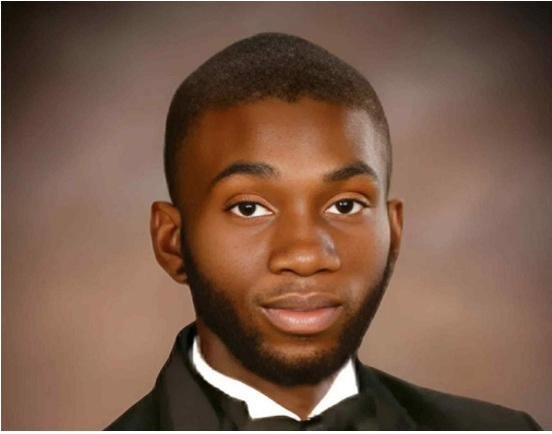Claflin student calls for HBCU solidarity after Trey Reed death
By: KEN WHITE III
Sep 30, 2025

Trey Reed
In the wake of the tragic death of Trey Reed, a Black student at Delta State University in Mississippi, students at historically Black colleges and universities are grappling with questions of safety, solidarity and the responsibility of their institutions to respond.
Reed, who was found hanging from a tree on Delta State’s campus in the early morning hours of Sept. 15, has become a symbol of racial violence that some say echoes that nation’s darkest history. While many students at HBCUs express gratitude for what they describe as a safer and more inclusive environment, they also feel their schools must take a stronger stand in supporting the broader Black community — especially, when tragedy strikes at predominantly white institutions.
Claflin University student Abbriel Weathersby said that while she feels secure at her HBCU, the silence from many HBCUs regarding Reed’s death is deeply concerning.
“I feel good about my safety being on an HBCU campus because I am surrounded by people who also look like me and experience similar challenges as myself,” Weathersby said. “We look out for each other, not just through security but as peers. Still, it’s crazy to me that as an HBCU, we haven’t spoken out about an incident that happened at a PWI to somebody who is part of our community. Whether we know him or not, Trey still belongs to us.”
Weathersby said Reed’s death underscores two urgent issues: the ongoing risk of racial violence in the South and the financial barrier keeping some Black students from attending HBCUs.
“If the cost of attendance were lower, more students of color could choose HBCUs and avoid the isolation and danger of being at predominantly white schools where racism is more direct,” she said.
Asked how HBCUs should respond, Weathersby said the first step should be official statements from university leaders addressing the reality of modern-day lynchings, accompanied by condolences for Reed’s family. “Acknowledging that these acts still exist is critical,” she said.
She also called for student-led demonstrations of solidarity, suggesting a vigil to mirror the time Reed was found, or even a moment of silence campus-wide, similar to how schools remember national tragedies like 9/11.
“We should honor Trey’s life the same way, especially with him being a part of our community,” she said.
For Weathersby, solidarity extends beyond individual campuses. She urged Southern HBCUs to unite in a collective show of support, not only to comfort Reed’s family but also to remind Black students at PWIs that they are not alone.
“Mississippi isn’t far from us — it’s our neighboring state,” she said. “Racism is very present here too, and it’s important that students know their community stands with them.”